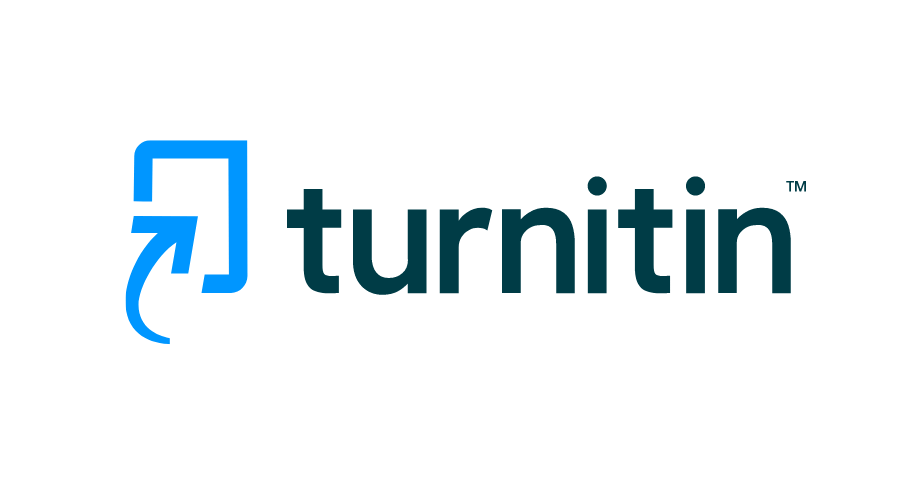Turnitin, a leading provider of technology solutions in academic integrity, has recently announced its AI paraphrasing detection feature. The tool, integrated into Turnitin’s AI writing capabilities, empowers educators and publishers to identify when AI paraphrase tools may have been used to modify AI-generated text to evade detection. This puts educators and researchers at the forefront of maintaining academic integrity.
With the proliferation of generative AI tools, ensuring original critical thinking in education and research writing has become increasingly challenging. Writers, including students and researchers, may use AI paraphrasing to modify AI-generated text created by large language models, leading educators and publishers to believe that the work is original. A recent study by Tyton Partners* found that students continue to lead educators and administrators in using generative AI tools. Fifty percent of students are monthly or monthly users, compared to approximately 40 percent of educators and administrators.
Speaking about the development, Annie Chechitelli, Chief Product Officer of Turnitin, said:
AI has incredible potential to benefit education, but writers need to be transparent about how they use Generative AI. Applying AI paraphrasing to AI-generated content is likely a sign that the writer is trying to hide their use of AI, which is the opposite of transparency. Turnitin provides the tools and insights to preserve the value of original work.
Turnitin’s AI paraphrasing detection feature not only identifies instances where AI paraphrasing may have been used to modify AI-generated text, but also opens the door for constructive conversations. Its detection feature enables educators and researchers to engage in meaningful discussions with writers about the importance of ethical writing practices and proper paraphrasing techniques, fostering a positive learning environment.
Turnitin introduced its AI writing detector and report in early 2023, drawing on over 25 years of experience in understanding and preserving academic writing. Of the almost 200 million papers reviewed* since the launch, Turnitin data shows:
- Over 22 million papers (approximately 11 percent of the 200 million) contain at least 20 percent AI writing.
- Over six million papers (approximately 3 percent of over 200 million) contain at least 80 percent AI writing.
Turnitin’s AI writing detection is seamlessly integrated into Turnitin Originality, providing users with a straightforward experience. iThenticate users can access it by licensing AI writing capabilities separately. When AI writing detection is enabled, including AI paraphrasing detection, it automatically checks each submission for both AI writing and AI paraphrasing. Its detection feature highlights where within the submission a text spinner was likely applied to AI writing, giving insights into how the writing was constructed.
